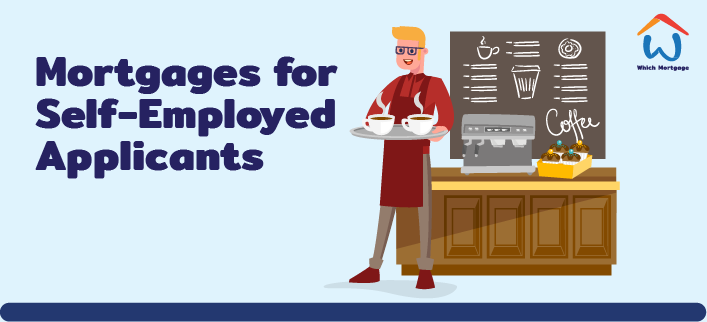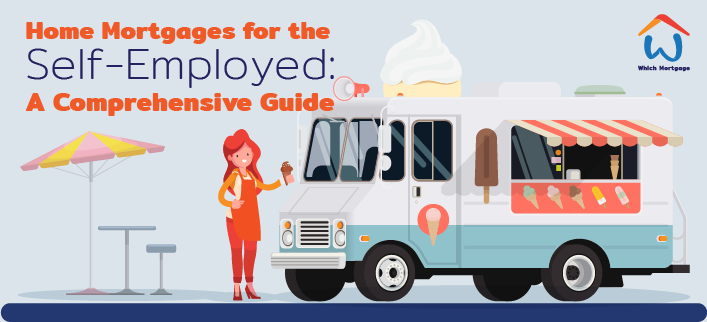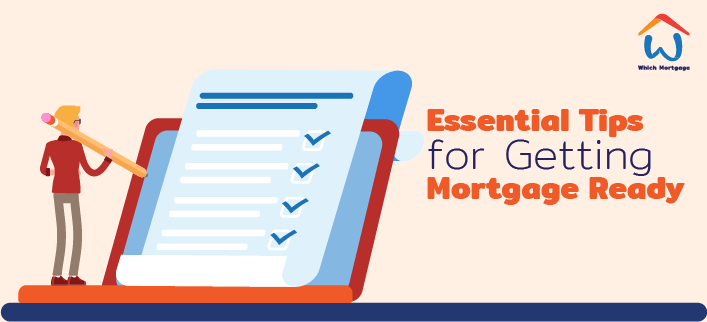
Self-employed and seeking a mortgage in Ireland? Here's what you need to know
2023-09-14Who is considered self-employed?
You are classified as being self-employed if you are:
- A freelancer
- A sole trader
- The Director of a company or a partnership.
How many years of self-employment are necessary before applying for a mortgage?
The duration of self-employment required varies from lender to lender. Typically, most lenders require three years' worth of accounts to assess your affordability, which means you should be self-employed for a minimum of three years.
What extra financial information/documentation do self-employed applicants need to submit to the lender?
As mentioned, self-employed mortgage applicants must furnish additional documents to evidence their financial stability and ability to make mortgage repayments.
These documents include:
- Certified/audited financial accounts: You will need to submit certified financial accounts from the three most recent years. Such accounts must be prepared by an accountant. If your business had a poor year and you are concerned it will affect your application or the amount of money you can borrow, you can provide additional years' accounts to demonstrate that such performance is not the norm.
- Bank statements: You will be required to provide six months' worth of bank statements from your personal and business accounts. If you have foreign bank accounts, you will also need to provide statements from those accounts.
- Revenue documents: Lenders will also request evidence of how much tax you or your business pays. You will do this by providing three years' Revenue Notice of Assessment and your tax clearance certificate.
- Other business documents: These include a summary of your business, copies of client contracts, and your projected income for the upcoming year. These documents offer insights into the stability and financial health of your business, helping the lender determine the mortgage amount you can afford.
How can self-employed mortgage applicants demonstrate affordability?
To demonstrate your ability to afford a mortgage, consider these strategies:
- Income protection: Taking out an income protection policy shows lenders your commitment to safeguarding your self-employed income and your ability to meet mortgage payments, even in case of illness. Insuring your income, together with appropriate business insurance, will protect you - the main asset of your company.
- Save a larger deposit: Saving a more substantial deposit, beyond the required 10% for first time buyers and 20% for second/subsequent buyers, reduces the risk for lenders and indicates that you have strong financial discipline.
- Manage your debt: Clear or reduce any outstanding personal loans or credit card debt before applying for a mortgage. High levels of debt can lead to reduced borrowing capacity or, in extreme cases, an unsuccessful mortgage application.
- Get an accountant: It is recommended that you hire a certified accountant to help you organise your accounts and documents. Your accounts will need to have undergone an audit, be up-to-date, and be organised to make it easier for lenders to assess your financial situation. Some lenders may also request a letter from your accountant to certify your accounts; confirm that your business is tax compliant; and confirm that your business is profitable now and will continue to be once you get your mortgage.
Begin your mortgage journey today
Once you've gathered all the necessary documents, saved your deposit, and you are mortgage-ready, use one of our mortgage calculators below to explore the various offerings in the Irish mortgage market:
First Time Buyer Calculator
Moving House Calculator
Switching Mortgage Calculator
Home Improvements Calculator
Buy to Let Calculator
Foreign National Calculator
For an in-depth comparison of available offers, reach out to us today. We're here to guide and support you through the entire mortgage process.
More Questions?
Talk to one of our mortgage specialists now!
BOOK AN APPOINTMENT


